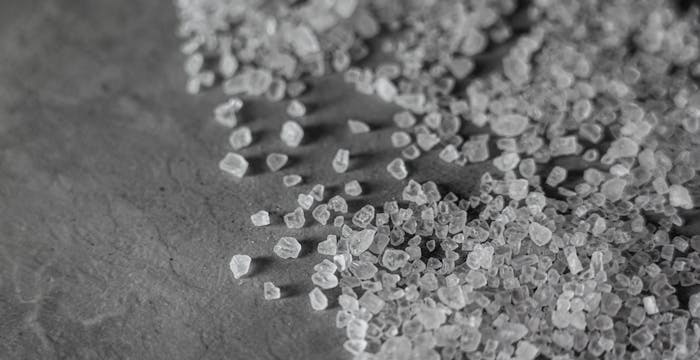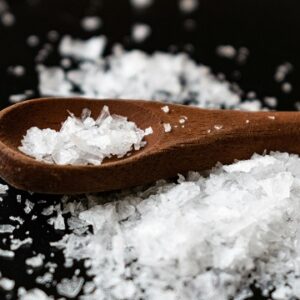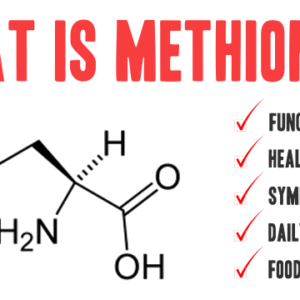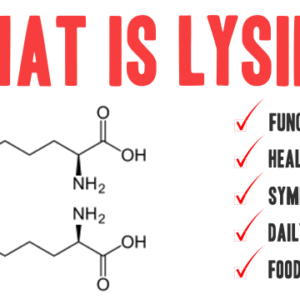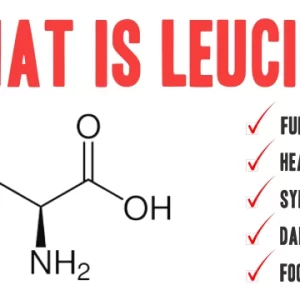What Is Sodium?
Sodium is an essential electrolyte and mineral that the body needs to maintain fluid balance, nerve signaling, and muscle contraction. Most of the sodium in the body is found in the blood and extracellular fluid, where it plays a key role in regulating the movement of water and maintaining blood pressure.
While sodium is critical for health, excessive intake is a well-documented risk factor for hypertension, stroke, and heart disease. Striking the right balance is key.
Functions of Sodium in the Body
1. Fluid and Electrolyte Balance
Sodium helps control osmotic pressure, ensuring that water is distributed properly inside and outside cells.
2. Nerve Transmission
Sodium ions are involved in generating action potentials, allowing nerves to send electrical signals essential for muscle movement and sensory function.
3. Muscle Contraction
Alongside calcium and potassium, sodium supports the contraction and relaxation of muscles, including the heart.
4. Blood Pressure Regulation
Sodium affects blood volume, and therefore directly influences blood pressure. Too much sodium can raise blood pressure, while too little can cause hypotension.
Recommended Daily Intake of Sodium
| Group | Adequate Intake (AI) |
|---|---|
| Adults (19–50 years) | 1,500 mg/day |
| Older Adults (51–70 years) | 1,300 mg/day |
| Seniors (71+ years) | 1,200 mg/day |
| Tolerable Upper Limit (UL) | 2,300 mg/day |
Source: U.S. National Academies of Sciences, Engineering, and Medicine
Note: The average U.S. adult consumes over 3,400 mg/day, well above the recommended limit.
Sources of Sodium
Natural Sources:
Celery
Beets
Milk
Meat and seafood
Spinach
Main Sources in Modern Diets:
Table salt (sodium chloride)
Canned soups and vegetables
Processed meats (bacon, sausages)
Packaged snacks and chips
Frozen meals
Fast food
Condiments (soy sauce, ketchup)
About 70–75% of dietary sodium comes from processed and restaurant foods, not from salt added during cooking at home.
Signs and Symptoms of Sodium Imbalance
Sodium Deficiency (Hyponatremia):
Can occur due to:
Excessive sweating or fluid loss
Overhydration
Kidney or adrenal disorders
Symptoms:
Headache
Nausea or vomiting
Muscle cramps
Confusion
Fatigue
In severe cases: seizures or coma
Sodium Excess (Hypernatremia):
Can be caused by:
Dehydration
Excess salt intake
Kidney dysfunction
Symptoms:
Thirst
Swelling (edema)
High blood pressure
Irritability
Restlessness
In severe cases: stroke or heart complications
Health Risks of High Sodium Intake
Excess sodium is a key contributor to:
Hypertension (High Blood Pressure)
Heart disease
Stroke
Kidney disease
Osteoporosis (due to increased calcium excretion)
Reducing sodium can significantly lower cardiovascular risk, particularly in salt-sensitive individuals.
Managing Sodium Intake
Tips for Reducing Sodium:
Cook more meals at home using whole ingredients
Read nutrition labels and choose low-sodium options
Flavor foods with herbs, spices, and citrus instead of salt
Rinse canned foods like beans and vegetables
Limit processed meats, snacks, and sauces
Who Needs to Monitor Sodium Intake More Closely?
People with high blood pressure
Individuals with heart failure or kidney disease
Older adults
Athletes and those in hot climates (may require careful sodium balance due to sweating)
Conclusion
Sodium is indispensable for nerve function, hydration, and cardiac performance, but its overconsumption is widespread and dangerous. To optimize health, aim to stay within the recommended intake by limiting processed foods and focusing on fresh, whole foods. Individuals with medical conditions should consult a healthcare provider about appropriate sodium levels.
References:
National Institutes of Health – Sodium Fact Sheet for Health Professionals
U.S. Centers for Disease Control and Prevention – Get the Facts: Sodium and the Dietary Guidelines https://www.cdc.gov/salt/index.htm
Institute of Medicine (U.S.). Dietary Reference Intakes for Water, Potassium, Sodium, Chloride, and Sulfate. Washington (DC): National Academies Press; 2005.
https://www.ncbi.nlm.nih.gov/books/NBK56068/He FJ, MacGregor GA. Salt reduction lowers cardiovascular risk. BMJ. 2011;343:d4996. https://doi.org/10.1136/bmj.d4996

